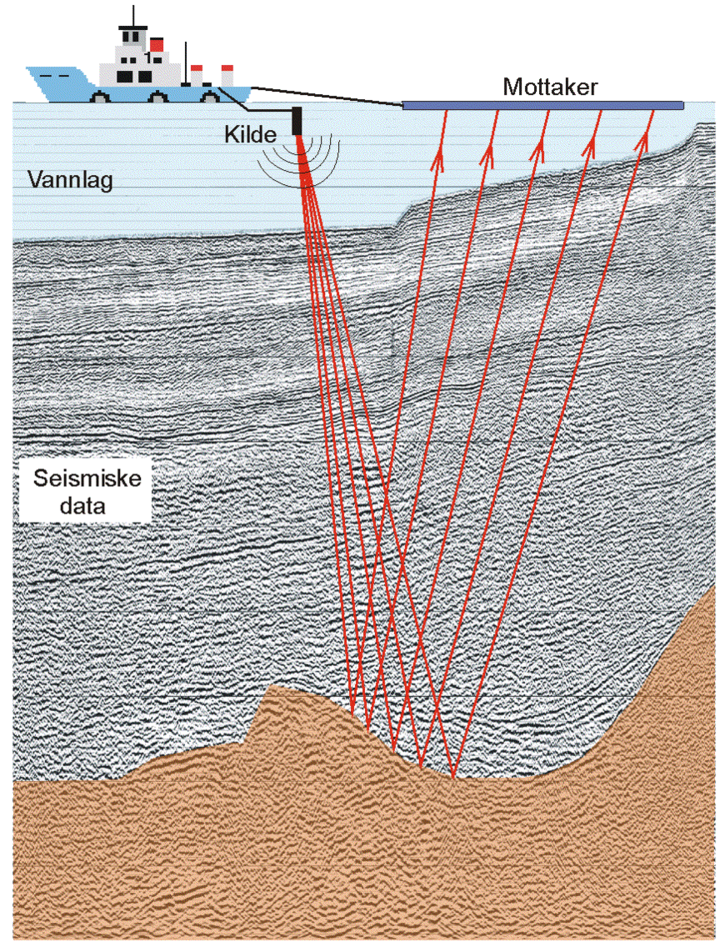All Categories
Featured
Table of Contents
Integrated Geophysical Surveys For The Safety in South Lake Aus 2021
This work is progressively contracted out, so consultancies offer another source of employment. Consultancy firms vary in size, from very little business to large multinationals. Some consultancies are rather specialised in utilizing specific geophysical techniques or operating in specific areas, while others offer a more diverse variety of services to their customers.
The extraction of gas from garbage dump sites is another location of employment and this might grow in the future. Exploration business might carry out work for building firms, public utility, mining companies and environmental companies, so geophysicists might be utilized in any of these settings. Other employers include: geological surveysgovernment bodies and agenciesuniversities and research institutes.


Jobs may be noted in the oil and gas sector press. Recruitment is affected by oil rate fluctuations and the level of competition for positions varies depending on this. Professions Days, which cover the full variety of geoscience careers and are typically attended by a number of crucial market companies, are run by The Geological Society.
Geophysicists in Gwelup WA 2023
Some of the large oil and gas companies use a complete two-year structured training programme throughout the breadth of geophysics, including the chance to experience work in various groups prior to specialising in one location. Your training might consist of deal with: existing wellsmagnetic and gravitational possible field data analysisresearchrock analysis. However, it's more normal for your preliminary training to be provided on the job.

There might be a probationary duration throughout which you work along with a knowledgeable colleague. Competency-based appraisals happen regularly in most companies. In smaller sized firms, and for academic posts, there is unlikely to be any formal training - you'll be expected to start work straightaway and get skills as you go along.
If you work for a smaller business, you may discover that you require to take obligation for arranging and moneying your own development and training. If you have a geology degree, membership of The Geological Society can be useful for networking and for keeping up to date with the industry.
Geophysical Surveys in East Fremantle Australia 2023
You may likewise discover it helpful to sign up with the PESGB (The Petroleum Exploration Society of Great Britain, which has a geophysics unique interest group. After a probationary period, and as soon as you've gained some experience, you could advance to senior geophysicist, then team leader and then into a senior function in management.
The ease of movement between roles depends on the business structure. Research study at Masters or Ph, D level in a subject associated to geophysics or geosciences may help with your profession development and development. The work market within the oil and gas industry is very dependent on cost and this might impact your chances for profession progression.
For experienced geophysicists, freelance consultancy offers an excellent path for career advancement. As a geophysicist, you're likely to have several tasks throughout your working life.
Geophysicist in Manning Oz 2023
From geophysics, it's possible to concentrate on seismology (completing additional training to become a seismic interpreter) or to move into related locations such as engineering geology or threat prediction.
Deciding what to study in college is a tough option. Even if you know that your field of interest lies in science, what program of study is right for you?
The first action to attaining your goal of becoming a geophysicist is making a degree. Even for entry-level positions in the field of geoscience, you'll require a bachelor's degree (a geophysicist college degree) from a recognized college or university. Geophysicists should be able to: evaluate rocks, photographs, and other pieces of information conduct research study both in the field and in laboratories develop maps and charts of their findings compose reports To accomplish all this, students need a specialized education for geophysicist professions.
As stated above, you'll need a bachelor's degree in geoscience or an associated discipline, such as a physical science or a natural science, to land an entry-level task. Trainees can likewise prepare by majoring in topics like: Biology Chemistry Computer system science Engineering Mathematics Physics The above geophysicist majors use a more generalized approach to a single clinical discipline, but most programs require students to take one or more geology course.
Latest Posts
Geophysical Survey In Archaeology in Neerabup Australia 2022
Geophysicists in Glen Forrest WA 2020
Geophysical Survey in Lockridge Oz 2023